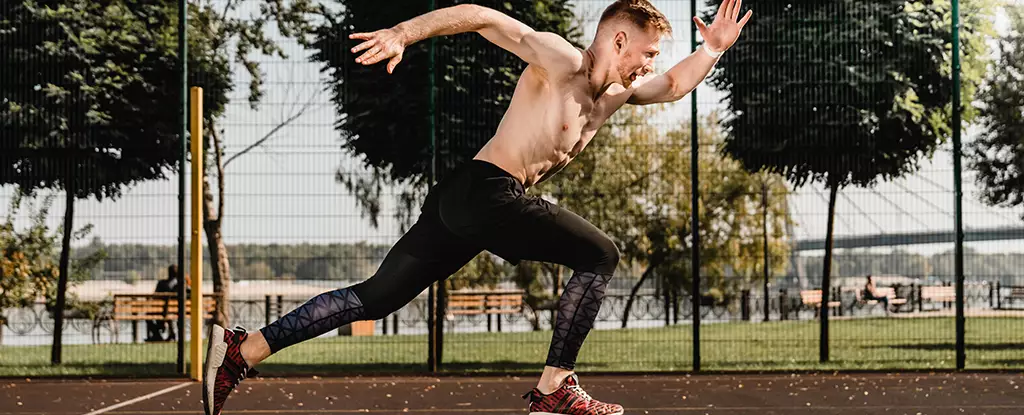For many fitness enthusiasts and athletes, rigorous exercise is a staple of their daily lives. However, a recent study raises a substantial question about the implications of such physical dedication on our immune systems. As we delve into the findings from 2023, which focused on over 4,700 fluid samples from firefighters, it becomes evident that the relationship between intense exercise and immunity is more nuanced than we previously believed. This revelation is consequential for professionals engaged in physically demanding activities, such as first responders and athletes, as it highlights a potentially detriment aspect of their rigorous training regimens.
The research in question, spearheaded by scientists from the Pacific Northwest National Laboratory (PNNL), aimed to scrutinize the immediate effects of vigorous exercise on immune function. By analyzing blood plasma, urine, and saliva samples from 11 firefighters before and after a 45-minute intense exercise session—where they carried gear weighing up to 20 kilograms (44 pounds) over hill terrains—the project sought to unveil the intricacies of post-exercise immune response. As lead researcher Ernesto Nakayasu pointed out, there is an emerging concern that individuals who regularly engage in intense physical activity might find themselves more susceptible to viral infections due to a temporary lapse in inflammatory responses crucial for fighting infections.
Broader scientific discourse tends to advocate for moderate exercise as benefiting overall health and bolstering the immune system. However, the implications of vigorous exercise remain controversial. Previous studies have suggested that acute phases following extreme exertion might predispose individuals to upper respiratory infections—an area that remains rife with conflicting evidence. Nakayasu and his team’s investigation intriguingly connects vigorous exercise to observable markers of immune suppression, which may be critical for understanding the balance athletes must strike between rigorous training and maintaining immune resilience.
During the study, researchers uncovered an unexpected reduction in inflammatory molecules in firefighters’ saliva after their intense workout, coupled with an increase in opiorphin — a peptide responsible for widening blood vessels. The implications of these biochemical changes are yet to be conclusively interpreted. However, it seems plausible that the body adapts to elevated physical demands by optimizing nutrient and oxygen delivery to muscle tissues, consequently altering inflammatory responses. The premise that a decrease in inflammatory activity may actually be a calculated response to heightened physical strain is a critical narrative for further research.
Not only did the study uncover changes in inflammatory markers, but it also noted shifts within the participants’ oral microbiomes. This raises fascinating questions about how extreme exertion influences bacterial ecosystems in the mouth. The scientists noted an increase in antimicrobial peptides—substances that can theoretically fend off harmful germs. However, the lack of observed effectiveness against E. coli challenges the notion that increased antimicrobial peptide production correlates with enhanced immunity, suggesting that the body’s defenses may be significantly more complex than previously understood.
This study brings forth critical insight into the immune dynamics of firefighters, yet it also emphasizes a gap in our understanding of how these findings extend to a wider population. The sample was limited to healthy, active men, which calls for broader investigations encompassing diverse demographics, including women and individuals with pre-existing health concerns. Furthermore, the unique exposure firefighters encounter to toxins and pollutants during their duties may also influence immune responses, necessitating further exploration.
While the benefits of exercise are undeniable—ranging from improved physical health to enhanced mood—this emerging evidence introduces a compelling conversation around the possible short-term consequences of vigorous training on the immune system. As athletes continue to push their limits, it becomes pivotal to understand the delicate balance between maximizing performance and safeguarding their health. Continuing research in this direction will not only improve safety measures for those in high-risk professions but also enrich our understanding of exercise’s full spectrum of effects on human health.

